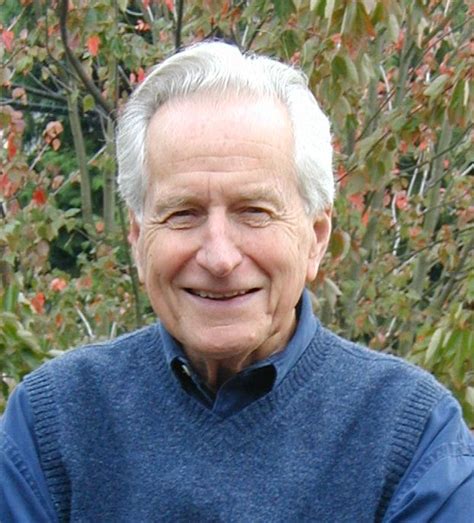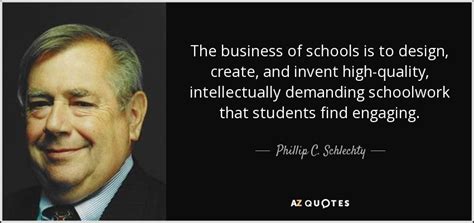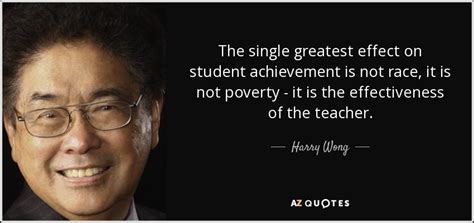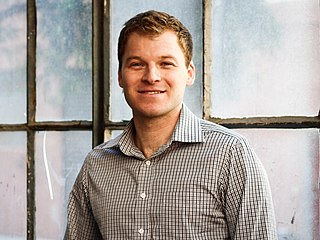A Quote by John Goodlad
A teacher's failure to create an intellectually reflective, engagement for learning is not simply malpractice but it is immoral particularly for students who cannot withdraw.
Related Quotes
What is wrong with encouraging students to put "how well they're doing" ahead of "what they're doing." An impressive and growing body of research suggests that this emphasis (1) undermines students' interest in learning, (2) makes failure seem overwhelming, (3) leads students to avoid challenging themselves, (4) reduces the quality of learning, and (5) invites students to think about how smart they are instead of how hard they tried.
As a teacher with over thirty years of experience, I've found that students are hungry for material that goes beyond simply learning tune after tune. In fact, my students suggested a good portion of the material presented here. This lesson should be an indispensable aid to the aspiring bluegrass banjoist.
This is the road I have tried to follow as a teacher: living my convictions; being open to the process of knowing and being sensitive to the experience of teaching as an art; being pushed forward by the challenges that prevent me from bureaucratizing my practice; accepting my limitations, yet always conscious of the necessary effort to overcome them and aware that I cannot hide them because to do so would be a failure to respect both my students and myself as a teacher.
A teacher can never truly teach unless he is still learning himself. A lamp can never light another lamp unless it continues to burn its own flame. The teacher who has come to the end of his subject, who has no living traffic with his knowledge but merely repeats his lesson to his students, can only load their minds, he cannot quicken them.
Differentiated Instruction is a teaching philosophy based on the premise that teachers should adapt instruction to student differences. Rather than marching students through the curriculum lockstep, teachers should modify their instruction to meet students' varying readiness levels, learning preferences, and interests. Therefore, the teacher proactively plans a variety of ways to 'get it' and express learning.
I believe it would be much better for everyone if children were given their start in education at home. No one understands a child as well as his mother, and children are so different that they need individual training and study. A teacher with a roomful of pupils cannot do this. At home, too, they are in their mothers care. She can keep them from learning immoral things from other children.































